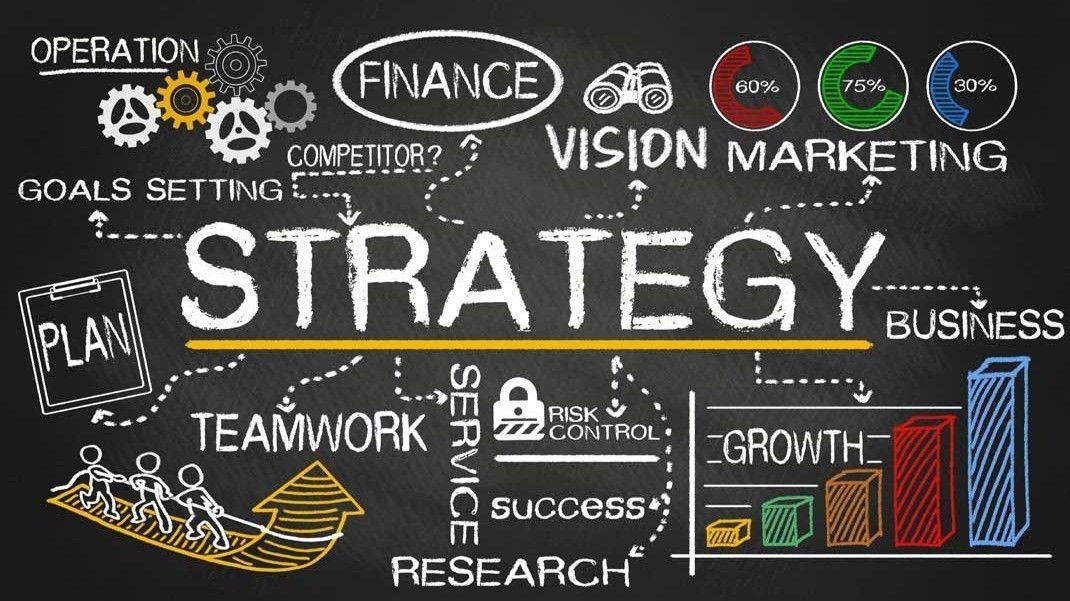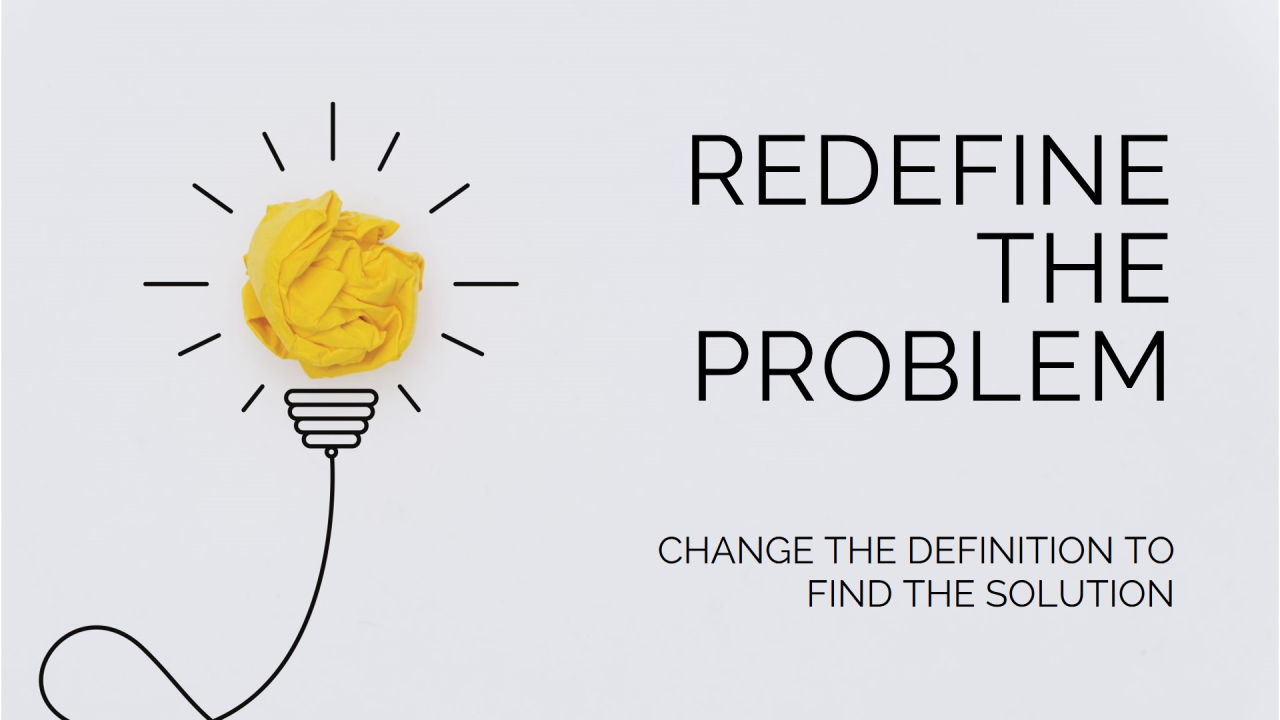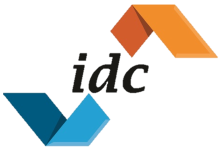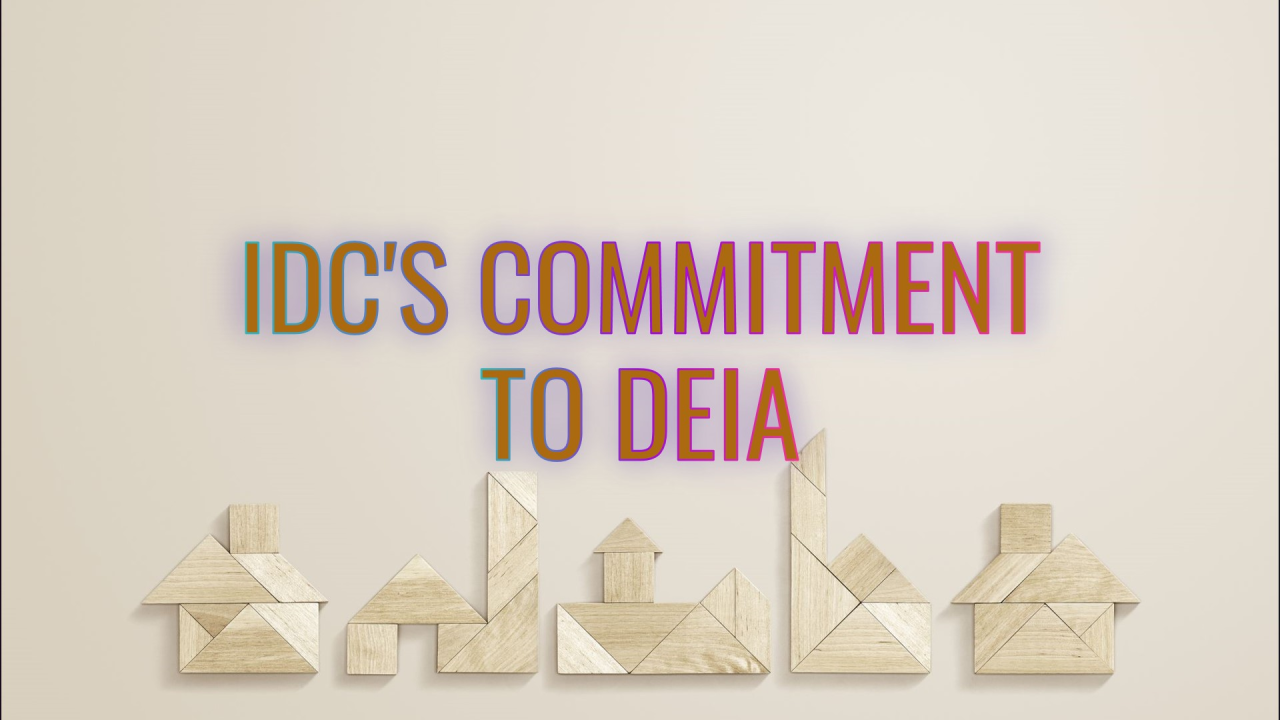Photo by RDNE Stock project
Diversity Programs Help Create Inclusive, Equitable Learning Environments
Diversity, equity, and inclusion (DEI) programs have been the subject of much discussion in politics, the news, and on university campuses lately. Some people believe these programs are essential to creating a better society, while others believe they’re divisive and harmful.
The Society for Diversity and Institute for Diversity Certification (IDC)® support these programs. Not only is DEI essential to creating a more just and equitable society, but programs also help prepare students for the diversity they’ll find in their careers and the world around them.
Diversity and Inclusion Programs in Higher Education
Diversity is not radical or divisive. It helps create more inclusive environments for all students, regardless of race, ethnicity, gender, sexual orientation, socioeconomic status, or any other variance. All students should have the opportunity to succeed.
DEI programs can strengthen a university's commitment to truth. Universities are places where people come together to learn, share ideas, and challenge each other's thinking, and their commitment to truth through research, teaching, debate, and discussion is essential to human progress. DEI adds to this commitment by promoting open, honest dialogue and helping ensure the curriculum is inclusive and representative of the diverse world in which we live.
Prohibiting ideological DEI programs would weaken free inquiry on campus. Without DEI programs, students are less likely to feel comfortable discussing difficult issues and discovering different perspectives, ultimately making it more difficult for them to develop the critical thinking skills needed to be successful in life.
Improve student outcomes. Studies show that students who attend diverse institutions are more likely to graduate, earn higher grades, and have more positive experiences. A study by the National Bureau of Economic Research found that students who attended more diverse colleges were more likely to be employed after graduation, earn higher salaries, and be promoted more quickly.
Prepare students for the workforce. The global economy is increasingly diverse, and DEI programs can help students develop the skills they need to succeed in a globalized workplace. A study by the National Academies of Sciences, Engineering, and Medicine found that students who participated in DEI programs were more likely to develop critical thinking skills, problem-solving skills, and communication skills.
Build a more inclusive society. DEI programs can help promote understanding and respect among people from different backgrounds. The National Academies also found that students who attended diverse colleges were more likely to have a positive attitude towards diversity and inclusion in the workplace.
Advocate for Students and Advance Your Career
Studies show that DEI programs can help students develop the skills and attitudes required to succeed in a diverse workforce. In addition, DEI programs can help students become aware of the challenges and opportunities that exist in a globalized economy. This further helps them make informed decisions about their future careers and to become more effective leaders in the workplace.
The debate over university DEI programs is likely to continue for some time, but their benefits far outweigh potential drawbacks. Supporting these programs better equips our future workforce for the global stage.
Diversity Certification
Whether you work in higher education or another industry, one way to support diversity and inclusion is to become credentialed. Diversity certification is a great way to demonstrate your commitment to DEI and support the scholars in your workplace and community. You’ll also add value to your career through enhanced skills in communication, conflict resolution, and teamwork.
The leading provider of diversity and inclusion credentialing programs, the Institute for Diversity Certification (IDC)® offers two certification programs for individuals from varying career paths and experience:
- Certified Diversity Professional (CDP)® - designed for anyone interested in or responsible for championing diversity in their organization.
- Certified Diversity Executive (CDE)® - designed for executives who are responsible for setting the vision and strategy for their organizations.
Share This Article!
Disclaimer: Content on this blog is authored by multiple sources. While we do make every attempt to proofread and fact-check, unless authored our staff, the views expressed do not necessarily reflect those of the Institute for Diversity Certification (IDC), Inc.
More Insightful DEIA Blogs











Share On: